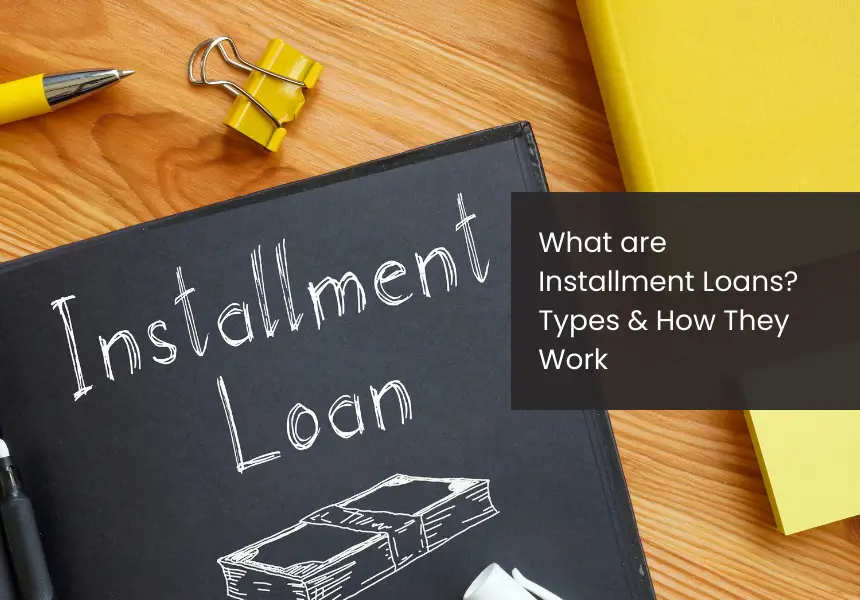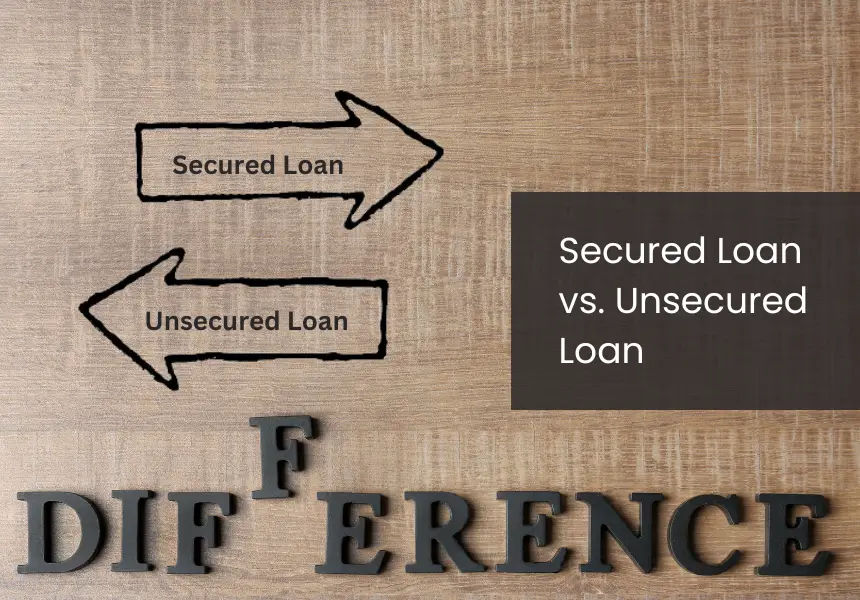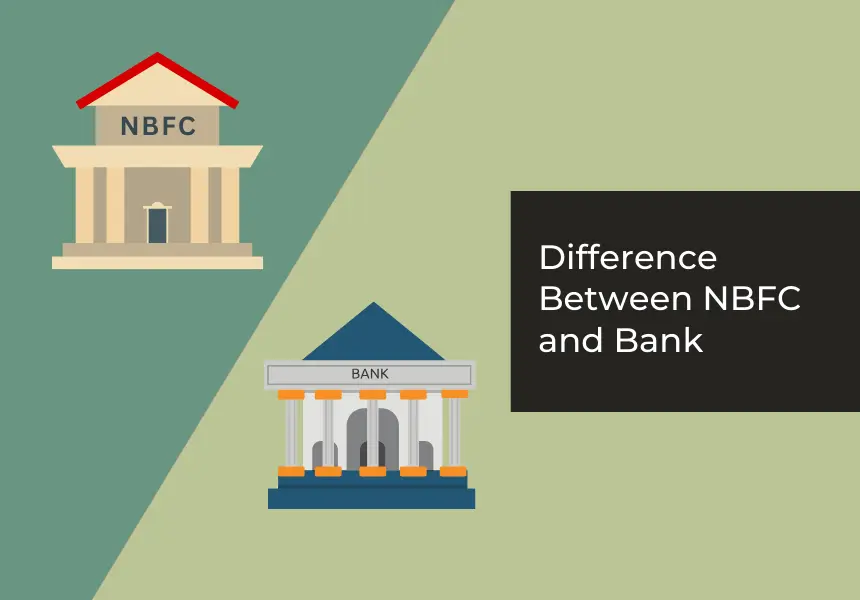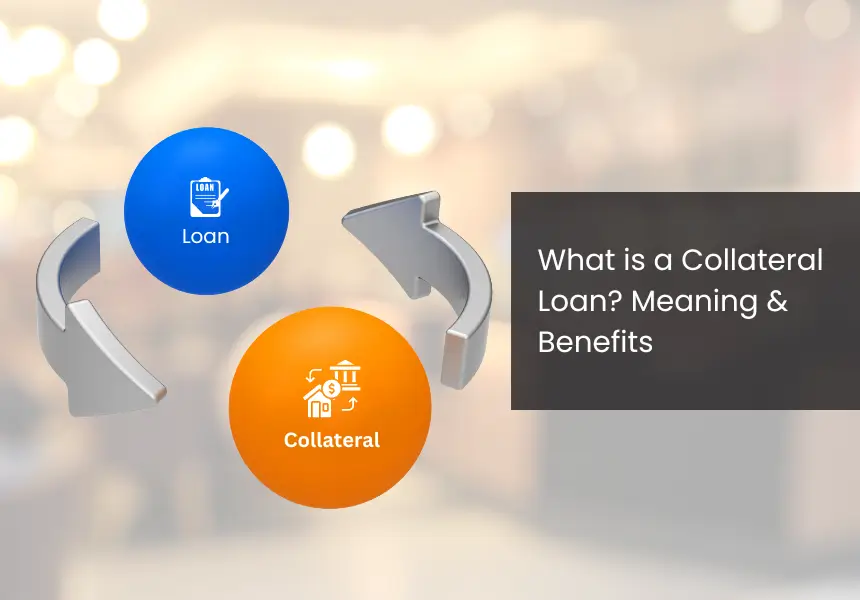
Do you need to make a big purchase, such as buying a car, renovating your home, or funding your education, but don’t have the entire amount to pay upfront? In such a situation, installment loans can be the right option.
Installment loans offer the convenience of breaking down large expenses into smaller, manageable payments. From mortgages to personal loans, they help in escaping the burden of paying huge amounts in one go.
Read on to understand what exactly installment loans are and how they work.
What is an Installment Loan?
An installment loan, also referred to as an installment credit, is a type of loan where the borrowers must repay the borrowed loan amount over a fixed period through regular, equal payments. Unlike open-ended credit options such as credit cards, installment loans come with a predetermined repayment schedule that gives borrowers a clear timeline for paying off the debt.
These loans can be used for various purposes, from covering general expenses to financing specific requirements, such as buying a home or funding education. The structured nature of installment loans offers predictability, as both the loan term and the payment amounts are fixed, helping borrowers manage their finances more accurately.
How do Installment Loans work?
Through installment loans, borrowers receive a lump sum of money, which is then repaid through regular, scheduled payments called installments. Every payment is a mix of the loan’s principal amount and the interest charged, and the payments are usually made on a monthly basis. The loan has a set end date, and once all payments are made, the account is closed permanently.
An important factor in case of installment loans is the borrower’s credit score. Lenders assess your creditworthiness when offering these loans, which can impact both the interest rate and the loan terms. Borrowers with a good credit score may secure lower interest rates, while those with less favorable credit scores could face higher charges.
Types of Installment Loans
Below are some of the most common types of personal loans:
1. Personal Loans
Personal loans are versatile in nature and allow you to use the funds for various needs like debt consolidation, home or car repairs, or covering unexpected expenses. Personal loans are mostly unsecured, meaning you don’t need to provide collateral. These loans come with a fixed interest rate and repayment schedule, making them easy to plan for.
2. Auto Loans
An auto loan helps in financing the purchase of a new or used vehicle. Auto loans are usually secured, meaning the car itself serves as collateral. These loans generally have fixed interest rates and repayment periods that can range from two to seven years. If the borrower fails to make timely payments, possibly leading to defaulting on the loan, the lender can repossess the car.
3. Home Loans
Home loans are long-term installment loans that are used to purchase homes. The house itself acts as collateral, making the loan secured. These loans come with longer repayment terms, ranging from 15 to 30 years. There are various types of home loans, each for different financial situations, but the goal remains the same: to make home ownership more achievable.
4. Student Loans
Student loans are designed to help cover educational expenses such as university fees, books, and living expenses. These are unsecured loans where you do not need to pledge collateral. One key benefit of student loans is that repayment usually starts after the borrower finishes their education.
5. Buy-Now, Pay-Later Loans
These loans allow consumers to purchase items immediately and repay the amount in equal installments over a short period, often with no interest if payments are made on time. They are popular for small purchases, such as electronics or furniture, and can be a convenient way to manage cash flow.
Features & Benefits of Installment Loans
Installment loans come with several features and benefits that make them an appealing option for many borrowers. Here’s a breakdown of what makes these loans advantageous:
1. Flexibility for Major Expenses
Installment loans provide a substantial amount of funds quickly, which is ideal for managing significant expenses. Whether you are looking to fund home improvements, buy a vehicle, or cover unexpected medical costs, installment loans can provide the funds needed for large purchases. This flexibility allows borrowers to address high-cost needs without having to wait or compromise.
2. Predictable Repayment Schedule
Another feature of installment loans is their structured repayment schedule. Borrowers can benefit from the consistent monthly payments, which makes budgeting and financial planning simple. Knowing the exact amount each month can help in managing finances better and staying on top of payments. This predictability reduces the stress associated with fluctuating payment amounts and helps maintain financial stability.
3. Refinancing Opportunities
Installment loans often come with the option to refinance under certain favorable conditions. If the interest rates fall or your credit score improves, you might be eligible for refinancing, which can lower your monthly payments or shorten the loan term. For instance, refinancing a home loan could result in significant long-term savings. However, it is important to evaluate the costs and benefits of refinancing to make an informed decision.
How to Apply for an Installment Loan?
Applying for an installment loan with most lenders is very simple. Here’s what to do:
1. Assess your loan requirements
Start by deciding how much money you need to borrow and what type of installment loan suits your purpose (e.g., personal loan, auto loan, home loan). Consider the loan amount, repayment term, and whether it’s secured or unsecured.
2. Check your credit score
Your credit score significantly impacts your approval process and the interest rate you’ll be offered. You must check your credit score in advance so you know whether you need to improve it before applying.
3. Research Lenders
You should compare lenders to find the best option for your needs. You must ensure that the lenders are RBI-approved to ensure a secure process. You can apply for installment loans through:
- NBFCs
- Banks
- Credit unions
- Peer-to-peer lending platforms
4. Gather the necessary documents
Lenders will require you to provide certain documents to verify your identity and financial standing. Commonly required documents include:
- Proof of income (pay slips, tax returns, bank statements)
- Government-issued ID (driver’s license or passport)
- Proof of address (utility bills, rental agreements)
5. Submit your application
Once you’ve chosen a lender, you can visit their website or loan app or visit in person to fill out the loan application. This will include details related to your income, employment, and the loan amount you wish to borrow.
6. Review Loan Terms
Once your loan application is verified and approved, you will be provided with the loan terms, including the interest rate, monthly payment, repayment schedule, and any fees. You must review these terms carefully to ensure that everything is accurate.
7. Sign the Agreement
If everything is in order, you’ll then sign the loan agreement. For secured loans, you may need to provide collateral documents at this point.
8. Receive Funds
Once you have signed the loan agreement, the lender will disburse the loan amount directly to your bank account after a specified period.
How do Installment Loans Impact Your Credit Score?
Managing an installment loan effectively can have a significant impact on your credit score. Here’s how:
When you apply for an installment loan, lenders review your credit history, which includes your credit score. Your score not only influences the decision on whether your loan application is approved but also affects the interest rates and terms offered. A higher credit score results in better loan terms, while a lower score may lead to higher interest rates.
Following is how installment loans can affect your credit score:
1. Applying for the Loan:
Applying for an installment loan can lead to a hard credit inquiry. This type of inquiry might cause a temporary dip in your credit score. However, this decrease is usually minor and short-lived if you manage the loan responsibly.
2. Using the Loan:
The way you handle the installment loan significantly impacts your credit score. This can have a:
- Positive Impact: Regular, timely payments can improve your credit score, showing that you manage your credit responsibly.
- Negative Impact: Missing payments or defaulting on the loan can negatively affect your credit score. Here, the payment history becomes a major factor in credit scoring models, and missed or late payments can lead to a lower score.
3. Credit Mix and Utilization
Adding an installment loan to your credit portfolio can influence your credit mix and credit utilization ratio. A diverse credit mix, including installment loans and revolving credit, can be beneficial. Additionally, managing your credit utilization well and keeping balances low can further support a healthy credit score.
Conclusion
Installment loans are a versatile and widely accessible financing option that can help you manage large expenses through structured, manageable payments. Whether you are purchasing a home, financing a car, or consolidating debt, these loans provide a practical solution with fixed terms and predictable payments.
Frequently Asked Questions
How are installment loans different from credit cards?
Unlike revolving credit like credit cards, installment loans provide a set amount of money upfront and must be repaid in fixed installments. Credit cards offer ongoing access to credit, but repayment amounts vary based on usage.
Can I repay an installment loan early?
Yes, many installment loans allow for early repayment. However, some lenders may charge prepayment penalties, so it’s important to check your loan terms before paying off the loan early.
What is the interest rate on an installment loan?
The interest rate on an installment loan varies depending on factors such as your credit score, the type of loan, the lender, and current market conditions. Interest rates can be fixed or variable.
What is a fixed-rate installment loan?
A fixed-rate installment loan has an interest rate that remains the same throughout the life of the loan. This means your monthly payments will stay consistent over the loan period.
What is a variable-rate installment loan?
In a variable-rate installment loan, the interest rate can fluctuate based on market conditions. This means your monthly payments may increase or decrease over time.








